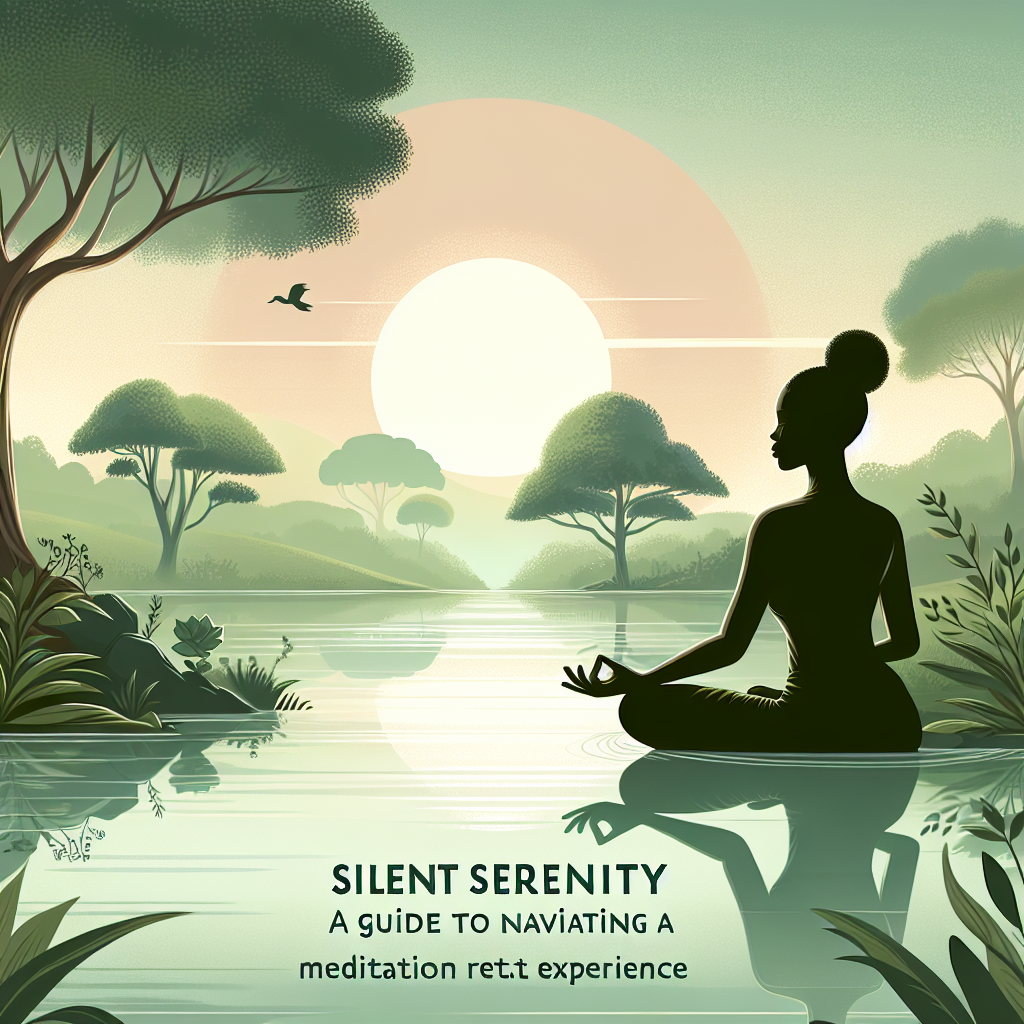meditation has been used for centuries as a tool for spiritual growth and self-discovery. However, in recent years, there has been a growing body of research that suggests meditation can also be a powerful tool for healing. By harnessing the mind-body connection, meditation can help alleviate symptoms of chronic pain, anxiety, depression, and other ailments. In this article, we will explore how meditation can be used as a tool for healing and discuss the science behind its effectiveness.
The mind-body connection is a powerful phenomenon that has been increasingly recognized by the medical community. According to the National Center for Complementary and Integrative Health, the mind and body are intricately connected, and emotions, thoughts, and beliefs can directly affect physical health. This connection is the basis for the growing field of mind-body medicine, which seeks to understand and utilize the mind-body connection for healing purposes.
Meditation is one of the key practices used in mind-body medicine. By bringing awareness to the present moment and calming the mind, meditation can help reduce stress and promote relaxation. This, in turn, can have a positive impact on physical health. Research has shown that meditation can lower blood pressure, reduce inflammation, and boost the immune system. By reducing stress and promoting relaxation, meditation can also help alleviate symptoms of chronic pain and improve overall well-being.
One of the ways meditation can be used as a tool for healing is through mindfulness meditation. Mindfulness meditation involves paying attention to the present moment without judgment. By cultivating mindfulness, individuals can become more aware of their thoughts, emotions, and physical sensations. This increased awareness can help individuals better understand the root causes of their ailments and make more informed choices about their health.
Another type of meditation that can be used for healing is loving-kindness meditation. Loving-kindness meditation involves sending loving and compassionate thoughts to oneself and others. By cultivating feelings of love and compassion, individuals can promote emotional healing and improve their relationships with others. Research has shown that loving-kindness meditation can reduce symptoms of depression, anxiety, and PTSD.
In addition to mindfulness and loving-kindness meditation, there are many other types of meditation that can be used for healing. These include body scan meditation, in which individuals focus on sensations in different parts of the body, and breath awareness meditation, in which individuals focus on their breath to promote relaxation. By exploring different types of meditation and finding the one that works best for them, individuals can harness the power of meditation for healing.
One of the key benefits of using meditation as a tool for healing is its accessibility. Meditation can be practiced anywhere and at any time, making it a convenient and cost-effective tool for improving health. Additionally, meditation does not have any negative side effects, unlike many pharmaceutical medications. By incorporating meditation into their daily routine, individuals can experience the numerous benefits of this ancient practice.
In conclusion, meditation can be a powerful tool for healing by harnessing the mind-body connection. By promoting relaxation, reducing stress, and fostering mindfulness and compassion, meditation can help alleviate symptoms of chronic pain, anxiety, depression, and other ailments. Whether you are new to meditation or have been practicing for years, there are many ways to incorporate meditation into your daily routine and experience the healing benefits for yourself.
FAQs:
Q: How long do I need to meditate each day to experience the healing benefits?
A: It is recommended to meditate for at least 10-20 minutes each day to experience the healing benefits of meditation. However, even just a few minutes of meditation can have a positive impact on your health and well-being.
Q: I have never meditated before. Where should I start?
A: If you are new to meditation, it is recommended to start with a guided meditation. There are many apps and online resources that offer guided meditations for beginners. You can also try attending a meditation class or workshop to learn the basics of meditation.
Q: Can meditation be used as a replacement for medical treatment?
A: While meditation can be a valuable tool for improving health, it is not a replacement for medical treatment. It is important to consult with a healthcare provider before making any changes to your treatment plan. Meditation can be used in conjunction with medical treatment to enhance healing.
Q: I have trouble quieting my mind during meditation. What should I do?
A: It is common to have racing thoughts during meditation, especially when you are first starting out. If you find it difficult to quiet your mind, try focusing on your breath or a specific mantra. Remember that the purpose of meditation is not to stop your thoughts, but to observe them without judgment. With practice, you will find it easier to quiet your mind during meditation.




Leave A Comment